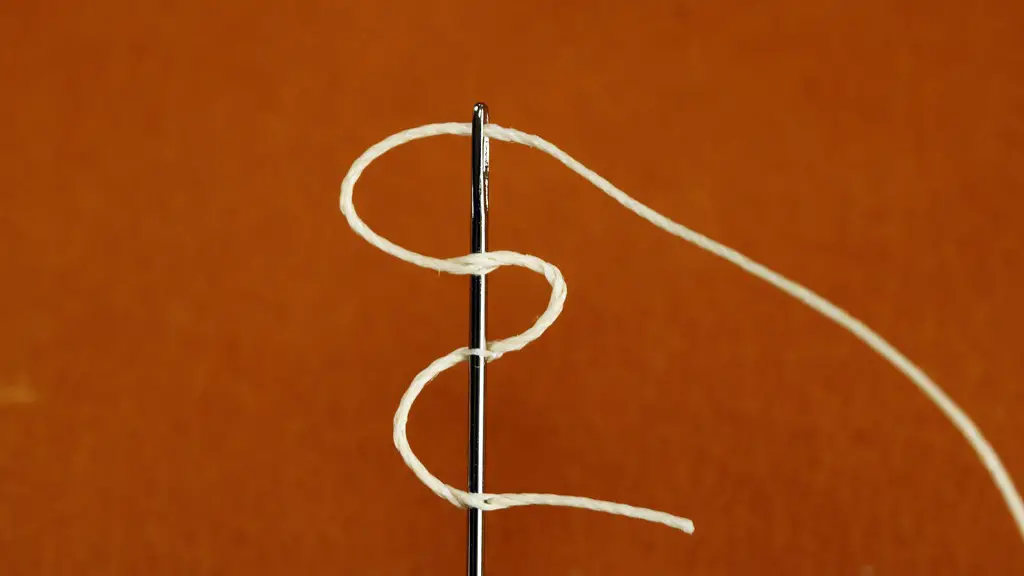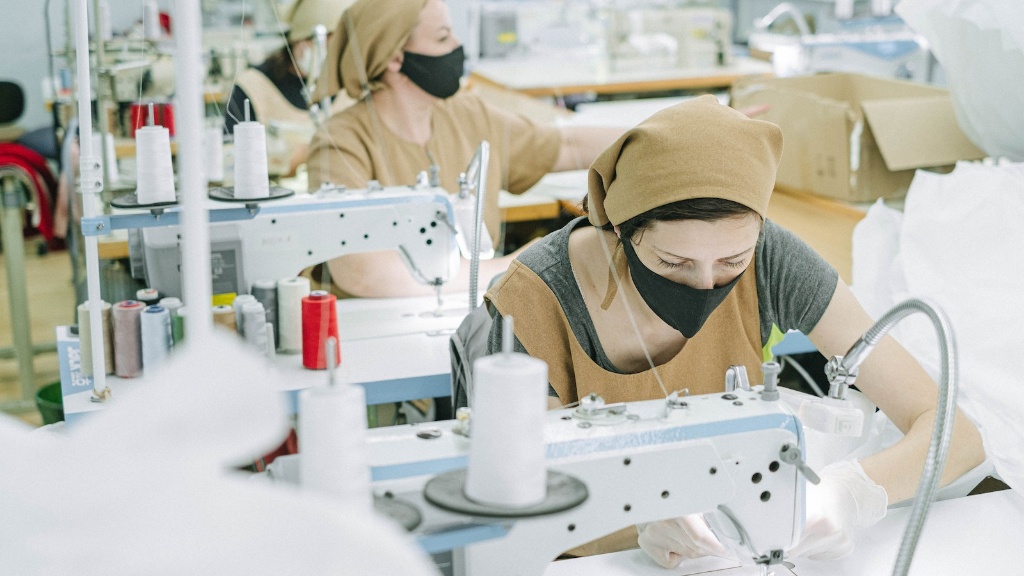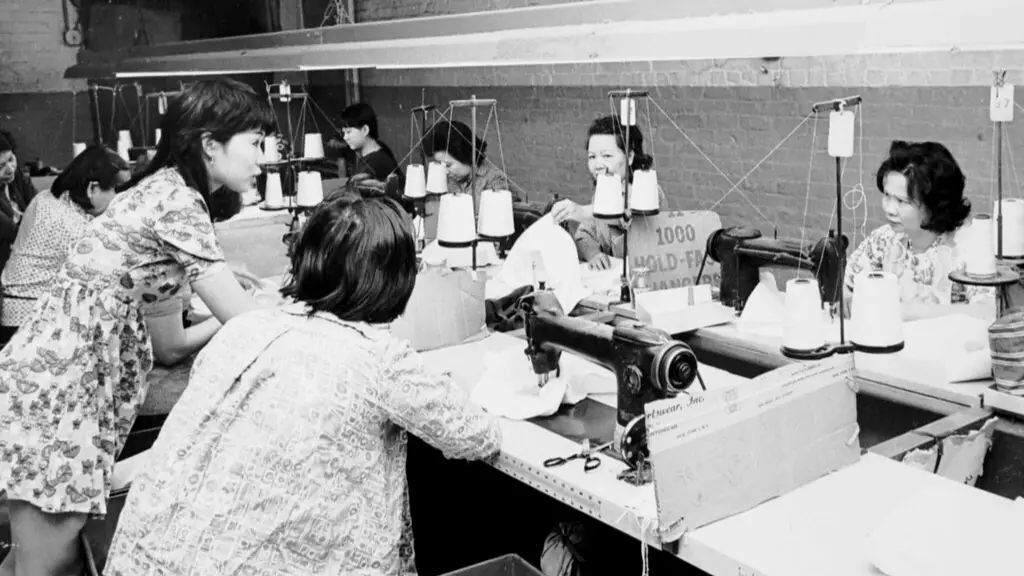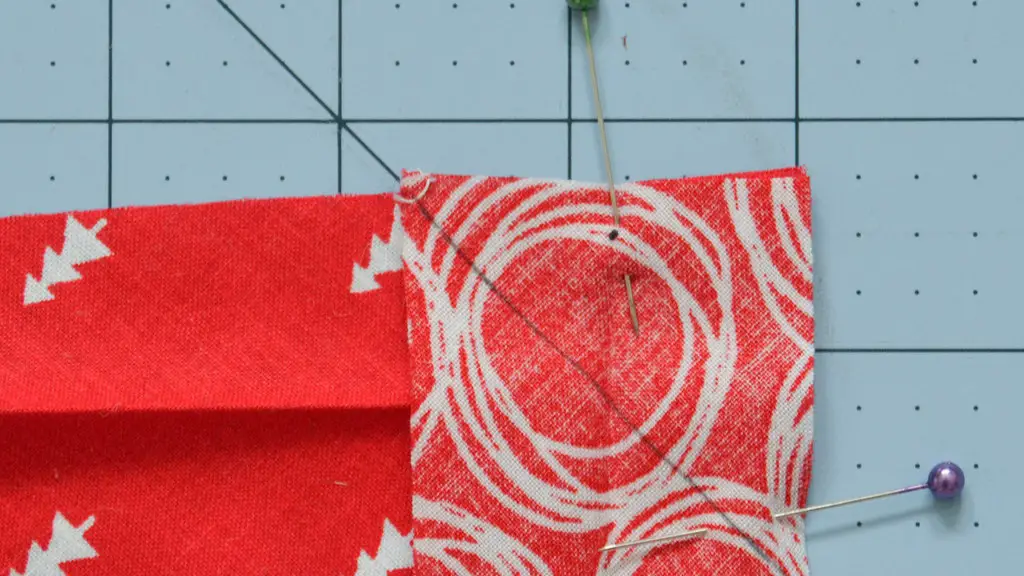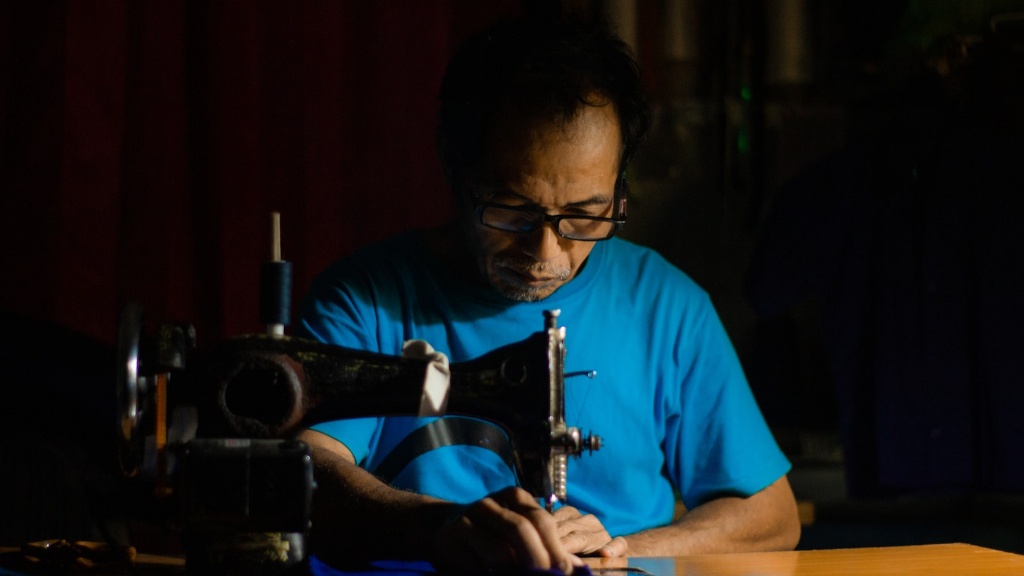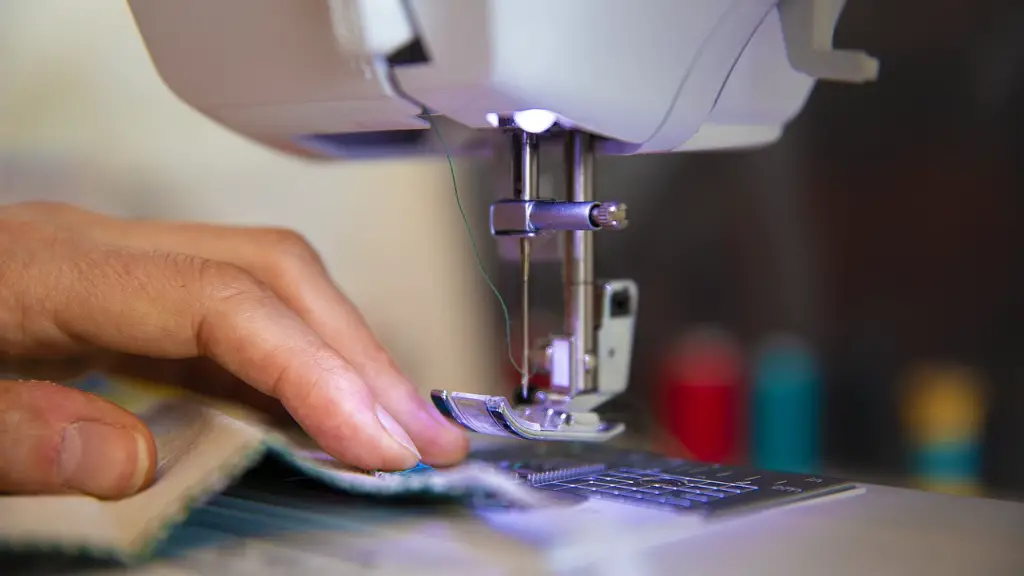Vinyl is a type of plastic that is used to make a variety of products, including upholstery, clothing, and vehicles. When sewing with vinyl, you need to use a needle that is big enough to pierce the material but not so big that it leaves a hole. The best needles to use for sewing vinyl are sizes 14-18.
A needle with a small point and a strong shaft is the best type of needle to use for sewing vinyl. The size of the needle you use will depend on the thickness of the vinyl you are using.
Do I need a special needle to sew vinyl?
If you’re working with vinyl, you’ll want to use a universal needle. However, if you’re using a heavier weight vinyl, it’s best to use a wedge point needle or a needle meant for working with leather. This will help ensure even stitching and eliminate any puckers or thread breakage.
If you’re looking to sew vinyl, it’s important to keep in mind the thickness of the material and how many layers you want to sew. A household sewing machine might not be able to handle thicker vinyl or multiple layers. However, if the vinyl is thin and you’re only sewing two layers, you can usually sew it with a regular machine. Just be aware of the limitations of your machine and the vinyl you’re working with.
What size thread do you need to sew vinyl
If you’re looking for a UV resistant thread, we recommend using a V-69 or V-92 or BT-92 bonded UV polyester thread. These threads are specifically designed to resist fading and degradation from UV exposure, making them ideal for outdoor applications.
You can use a Teflon foot or try this trick take a piece of scotch tape Stick it on the bottom of your foot then sew. This will help your foot glide over the fabric and not stick.
What is the best needle for sewing vinyl?
When sewing with clear vinyl, it’s important to choose the right needle size and type. I recommend using a leather needle size 90/14 or denim needle size 90/14. You’ll also want to update your stitch length to 30mm or higher. This will help prevent the needle holes from remaining in the material after stitching.
If you’re looking to sew clear vinyl, a strong polyester thread will do the trick. You may find it helpful to feed the thread through some tissue paper first – this can help with friction. When it comes to holding the material together, clips are likely a better option than pins, as you’ll avoid creating holes in the vinyl.
What gauge clear vinyl for sewing?
The thickness of the vinyl sheet is measured in gauge. The 8 gauge is the thinnest at 0008 inches and is the most flexible and the easiest to sew.
The Singer Heavy Duty model 4452 sewing machine is a home sewing machine and can sew light to medium weight vinyl with the proper machine settings and needle. This machine is perfect for basic home sewing projects and can handle light to medium weight vinyl. With the proper settings and needle, this machine can sew through thicker vinyls, but it may struggle with heavy duty projects.
Can a regular sewing machine sew faux leather
If you’re sewing faux leather, be sure to use a presser foot that won’t stick. A tractor style foot or a Teflon® foot will work well. Ask your sewing machine dealer for the right foot for your make and model.
With a high strength to weight ratio, nylon is one of the strongest threads available. It is a great choice for stitching upholstery, leather, and vinyl. This bonded 3-ply nylon thread has been specially treated to decrease friction while sewing at high speeds, resulting in smooth stitches.
Which is thicker 4 gauge or 12 gauge vinyl?
If you’re looking for a durable, thick clear vinyl, you’ll want to choose a high gauge. The higher the gauge, the thicker the vinyl will be. This makes it ideal for any project where you need a strong, sturdy material.
If you’re working with vinyl, the best type of thread to use is all-purpose polyester. However, if you want your top-stitches to stand out, you can use a heavier-duty, thicker thread.
How do you sew vinyl fabric on a sewing machine
This is a quick and easy way to fix a ripped seam. Just take a sheet of tissue paper and stitch it along the ripped seam. The tissue paper will act as a reinforcement and will prevent the seam from ripping further.
Use a long stitch length longer than you’d use for standard fabric and don’t backstitch we want to be able to pull the thread out easily if we need to make any adjustments.
How do you attach vinyl to fabric?
PVA glue is a great option for attaching fabric to vinyl. Simply apply the glue to the underside of the fabric and attach to the vinyl surface. Clamp the fabric down onto the vinyl and keep at room temperature until dry. Once dry, check the fabric and vinyl to make sure they are free of dirt or contaminants.
There is no definitive answer when it comes to what size needle to use for a particular project. However, most needle companies show both sizes on the package. A good rule of thumb to keep in mind is that the lighter the fabric, the smaller the needle size, and the heavier the fabric, the larger the needle size. Many times, the thread you will be using for your sewing project will also determine the type of needle you choose.
Final Words
There is no definitive answer to this question as the best size needle to use when sewing vinyl will depend on the thickness of the vinyl and the type of needle you are using. Generally speaking, though, a needle size of 80/12 or 90/14 should be suitable for most vinyl sewing projects.
Sewing vinyl is a great way to add a personal touch to any project. Whether you’re making a new purse or revamping an old one, sewing vinyl is a great way to add a unique and stylish touch. But what size needle should you use when sewing vinyl?
The answer is that it depends on the thickness of the vinyl. For thin vinyl, you’ll want to use a smaller needle, such as a size 10 or 12. For thicker vinyl, you’ll want to use a larger needle, such as a size 14 or 16.
No matter what size needle you use, be sure to test it out on a scrap piece of vinyl before you start sewing. This will help you ensure that the needle won’t slip and that your stitches will be even.
